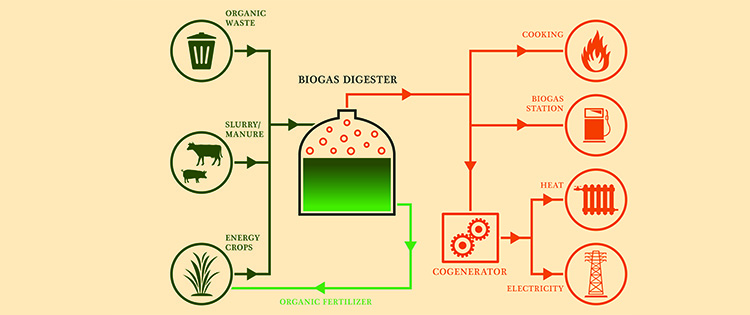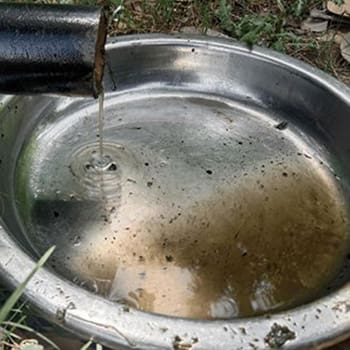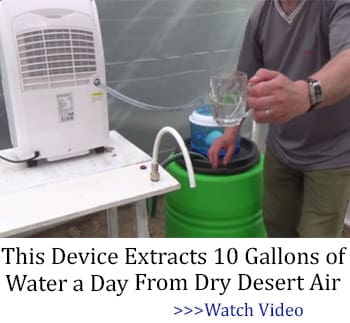Venezuela was a real survival laboratory. Those conditions created by the geopolitical threats have generated an apocalypse as severe as the ones other countries have faced just in war times. Currently, a major issue is fuel shortages and decreased mobility.
According to the information I have received, mobility is quite a challenge. Interstate traveling used to be relatively easy, considering you didn’t have to worry about piracy, uniforms, and so on. Your only concern was suffering a mechanical failure in the middle of nowhere. Since there was insurance coverage that would send a towing truck in a few hours, you could travel with some degree of peace of mind. This service is no longer existent and has been like this for 8 or 9 years already. (Perhaps this service will be huge business once things get back to normal.)
Problems Arising From The Lack Of Fuel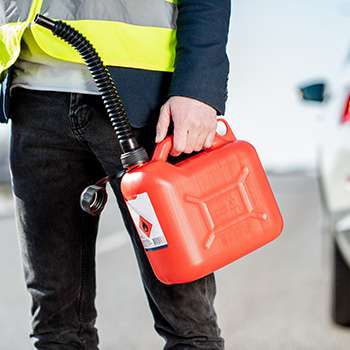
How this is going to affect my family still there, I can not say. My dad is already in his senior years and can’t hear well, and my mother stopped driving decades ago. And, there are not very many places to go these days, indeed.
Then: Fuel was available, and it was available at a low price.
Now: Fuel is not readily available there, nor will it be for an unknown time.
The entire food production chain is at risk without fuel. Going without fuel is not sustainable in the long term. There are some small, rural towns where people have other means of transportation: horses, mules, and donkeys, mostly. Power consumption is quite low in these rural areas because people don’t have large pumps, pressurized systems, air conditioning, or large fridges. Also, there are no packaging or processing industries. There are only a few small shops, small dispensaries and one or two pharmacies with a few medicines.
Some readers may think I am redundant. I only wish to inform others of what is currently happening. The impact on our daily lives has been incredibly high, and it has been like war or siege. If you don’t feel this is serious, just know that I am going to have to pedal 25 kilometers to my cottage in the mountains with a trailer tied to my bicycle. (Thank you for the silent prayer that I feel coming from your heart. I’m going to need all the divine help I can get.)
All over the world, people have been confined. And while fuel prices are historically low elsewhere, that is not the case in Venezuela. People have died because they don’t have access to a working ambulance to take them to get medical attention. Patients have to be transported in mule carts up to the hospital (if they are lucky), in some inner cities with farms around.
Eighteen hours in a gas station line maybe is not uncommon for those who lived through the oil embargo back in the 70s. There have been some people who had to wait 72 hours to add 30 liters to their tanks. The party’s politicians show their carnet and the uniforms leave them be, and they fill up their tanks, no hassle.
No waiting in line for me. Instead, I prefer to use my motorcycle or my bicycle with biogas. Another option would be installing a diesel engine in my SUV. While I have not built a system to replace the gasoline yet, I do have a working knowledge of how to do so. My suggestion to my readers is to attempt to do this only if you are qualified to do so. (Or in the company of someone who is.)
My plan for when I am back is to share videos detailing what I was able to build and how. For now, this article serves as a theoretical discussion on my options.
Biogas As An Alternative
Biogas generation at home, by simple means, can be achieved if the following is feasible:
- Access to vegetable or animal waste consistently.
- Overall constant high temp ( the higher, the better: this is needed to produce fast decomposition of the organic matter, and releasing as much gas as possible quickly)
- Safe, ample storage space. Huge bags used to store your gas must also be stored safely.
Large, commercially available systems (if you decide to walk that path) should be buried in the ground. In my case, to produce a decent amount of gas, a few closed barrels in full sun will do well. After watching a few videos on compressing (filtered and dehumidified) biogas with an air compressor, pumping it into a retrofitted, propane gas tank, I’m not sure about the safety of this process.
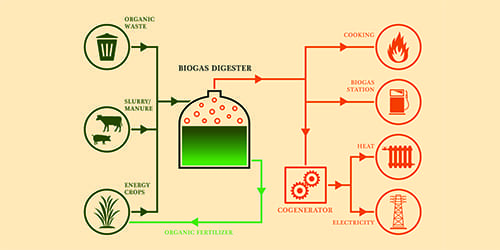
The Risks Involved With Biogas
LOTS of things could go wrong. For example, gas heats up when being compressed, and gas is flammable. You would be heating a flammable substance!
However, I have seen it done cautiously and safely. With my knowledge as an engineer, I should be able to establish an extremely safe procedure for compressing gas.
Below are my preliminary notes for this process.
- The compression rate can’t be too high, or the gas will heat up too much.
- A contact thermometer (inexpensive) with a magnet, attached to the compressor, would work as a useful reference.
- Anything that could possibly generate a spark must be removed from the area.
- All nearby electrical connections must be explosion-proof (there are sealed boxes explicitly made for this).
- The electric motor used to move the compressor generates sparks. A unique motor that is sealed and doesn’t allow the income of any gas that could create an explosion could be incredibly expensive. However, this is something that can not be taken lightly.
- A dedicated compressor, specially built for combustible gas, is another option. (I strongly recommend using a manual compression system.)
- Always remember to check for leaks! This should become a habit: before starting the compression stage, check for gas leaks. No matter what the quality of the materials used.
- All the compression process should be done in an open-air space. In a confined space, gas accumulation caused by a leak could potentially self-ignite, causing an explosion.
- Final pressure:The final pressure of the bottle should not be too high. Until further research is done, I can not offer numbers on this. I can say not to use a bottle designed for one use or one designed for a different gas.
The metallic materials used in seals and inner parts of small engines are used for air, not for gas with a high content of organic compounds like methane. This can generate a catastrophic failure, so be very careful.
Once my research is complete, I hope to have a special process using an additive, applied to the engine, that will provide an additional layer of safety. The additive will adhere to the tiny little pieces of cheap metal and harden it to prevent wear and tear, and possible corrosive effects of the biogas. (Regular gasoline has additives to avoid corrosion inside engines.)
Special Note On Using Biogas In 2-strokes
Disclaimer: I do NOT recommend this because it requires special considerations and will not be in my plans.
Using 2-strokes with biogas is a very tricky process. Oil and gasoline must be mixed to lubricate the insides. If you insist on using 2-strokes, E85 and SAE30 oil can be used. But, please, be safe and always test first!
I recommend watching this video: The Pitfalls of Ethanol Gas in 2 Cycle Engines. In this video, the owner of a tractor dealership and repair shop explains how ethanol in your gas is tearing up your two-cycle engine and what you can do to keep it from happing!
Bottom Line: Compressing Gas Is Hazardous
This is a flammable gas and, even though it does not have the same amount of energy as gasoline, it should be treated with respect.
So many options, where will I begin?
I would like to get an 80cc, 4 stroke engine! Maybe then I could easily make the 50+ km round trip with my mountain bike. No passengers, though, the bike will have to haul my post-quarantined over-weighted +85kg frame, plus luggage!
Performance using these options will never be equal to using gasoline because of the much lower energy level contained in the biogas. But, I will collect all the veggie clippings, fruit peelings, and poop I need to give me independence from the corruption of gasoline traffickers!
Biogas Options So Far (Pros And Cons)
Small 4-strokes Engine Attached To Mountain Bike
- Pros: Cheap parts, affordable, tires everywhere, brakes. If something fails, we have a pedaling mechanism and won’t be left stranded.
- Cons: There is not much cargo capacity, no passengers, and lots of wear and tear on some parts and components. Not as comfortable as a scooter or small motorcycle. Must be started with a pull rope.
Large, Heavy Cruiser Motorcycle, Biogas
- Pros: Already own it. The internal engine parts have already been treated with a special compound to make it last. Two sparkplugs per cylinder which are excellent for combustion and increasing the power.
- Cons: The effect of biogas used for too long in a modern engine is unknown to me. Not just the engine but also clutch disks, oil degradation, and different components would be affected. (More research is needed on this.)
Biogas And Heavily Modified SUV, With A Regular Gas Engine
- Pros: Provides tons of space, safety, and comfort.
- Cons: The amount of poop I would have to collect is unimaginable! Most expensive option.
Biogas And A Cheap Chinese Bike/Scooter
If you have already read some of my articles, you should know how much I hate those bikes, but I hate scooters more.
- Pros: Automatic transmissions and legendary fuel economy. Space on the scooter for additional cargo. Possibly a passenger. Generally cheap parts.
- Cons: Small diameter wheels in the front are a recipe for disaster…a wheel bearing or sprocket failing is going to mean a slow, long walk home.
Biogas Engine Mounted On A Bike Trailer
- Pros: Engine or pedals. Easier to build, possibly fewer parts. It can carry a large amount of cargo.
- Cons: A bit eccentric and could cause unwanted attention for me. Could have added drag when not using the engine.
Electric Trailer
- Pros: I have most of the needed materials: chains, sprockets from my broken down SUV, maybe my dad has an old brush-less engine somewhere.
- Cons: More on this in another article.
The manufacturing process will be quite interesting, given the limited resources we will face. Stay tuned for videos on this! I have enjoyed writing this article, and I hope you enjoyed reading it as well.
Be safe, please. We need you all. Thanks for reading!
This article was written by J. G. Martinez D. and first appeared on The Organic Prepper.
You may also like:
How To Make Bio Fuel From Kitchen Scraps
Do You Know Why You Should Never Put A Tall Fence Around Your House? (Video)
When Did Independence Become Illegal?
What We Learned Living on Our Food Storage for a Month
Livestock Animals You Should Start Raising For The Upcoming Economic Crisis
